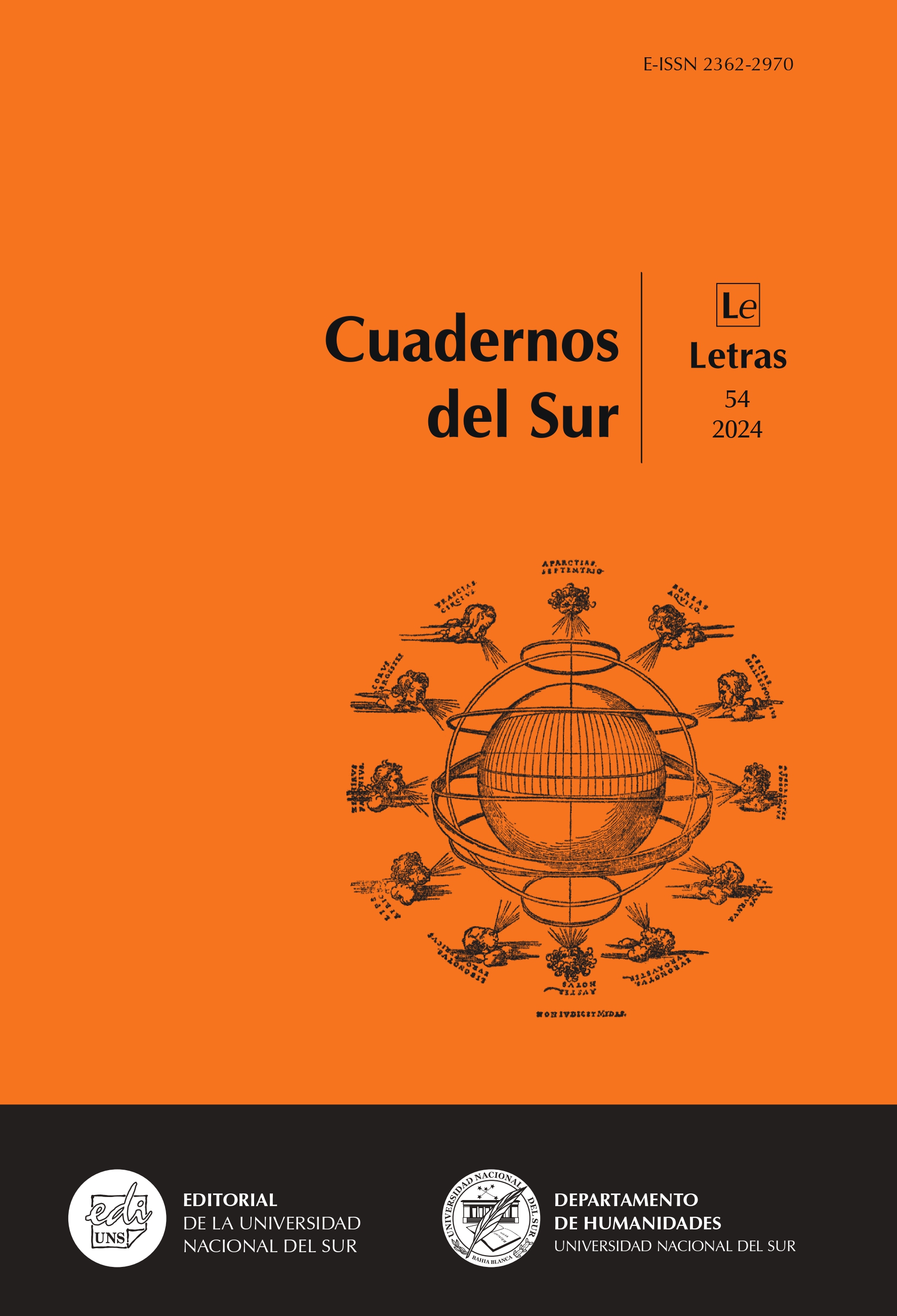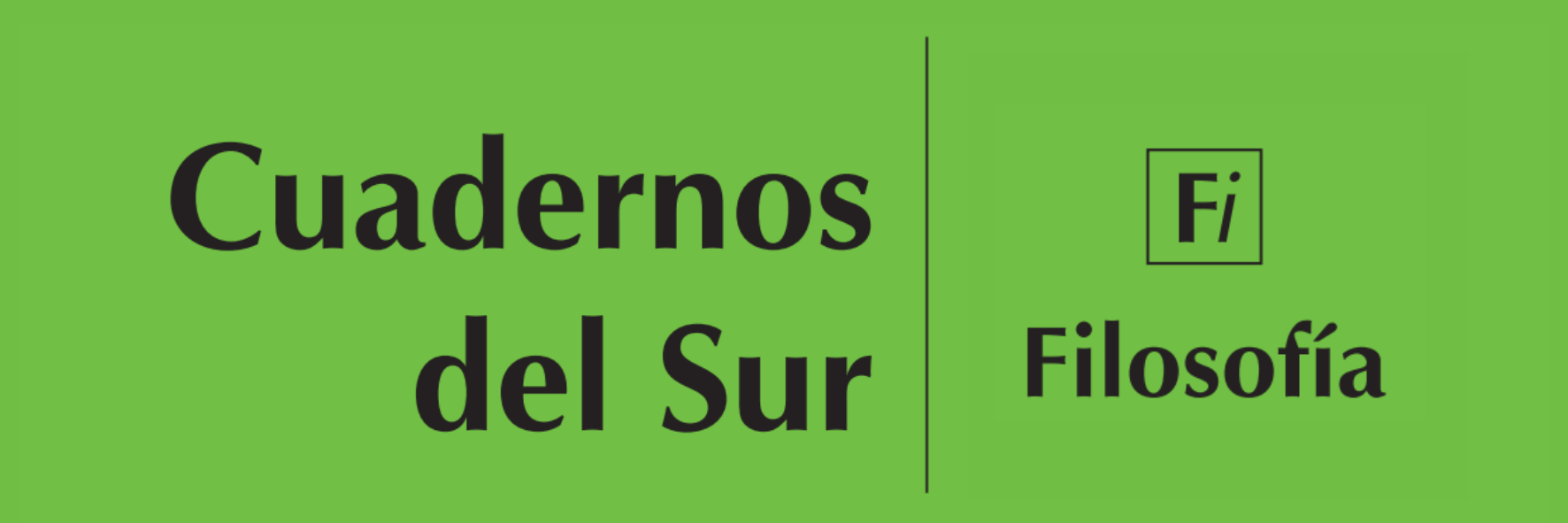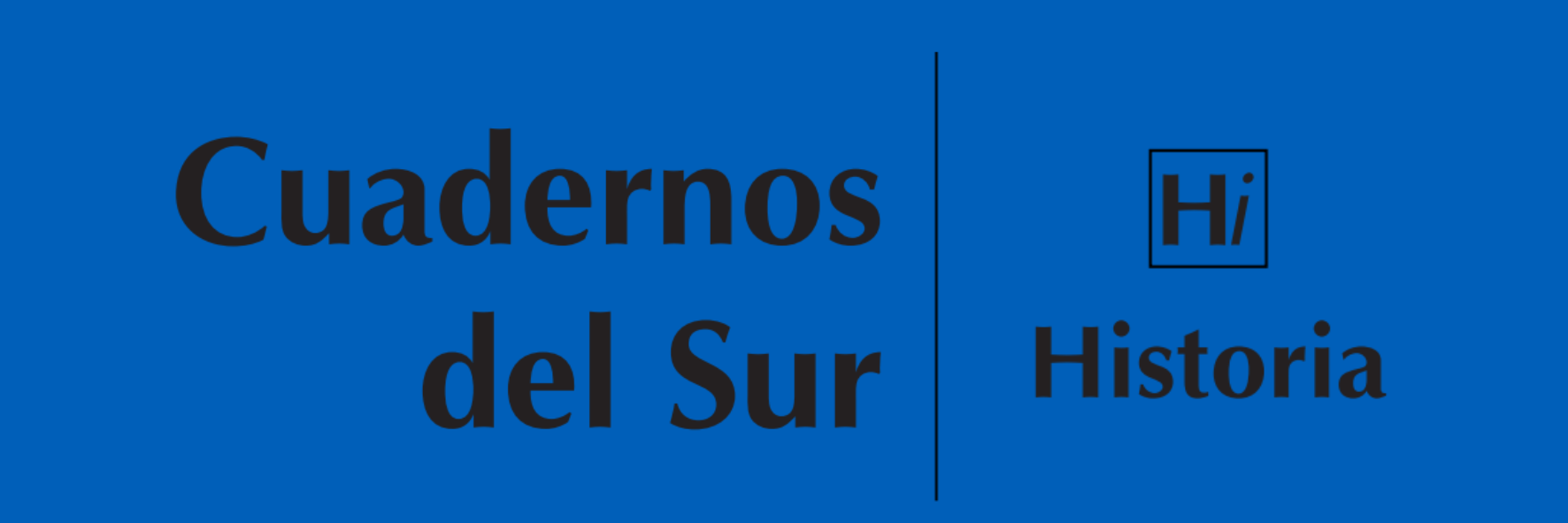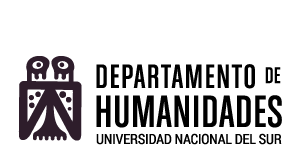Challenges in designing and implementing first-year academic reading and writing workshops
DOI:
https://doi.org/10.52292/csl5420244676Keywords:
academic literacy practices, first-year university students, disciplinary approachAbstract
Based on different socio-cultural approaches to literacy practices, this paper aims to contribute to current debates about teaching academic reading and writing. It discusses the design of a first-year writing-in-the-disciplines course from a socially responsible and committed perspective. The experience has shown that a focus on scientific concepts and their treatment in academic genres cooperates with epistemological transformations in students. It has also been observed that multimodal resources such as films are powerful tools in promoting the comprehension of theoretical notions and their relations with vital experiences. Finally, it has been found that academic writing appears to be a problematic practice for first-year students as it challenges their previous conceptions of written text production.
Downloads
References
Adler-Kassner, Linda et al. (2012), “The Value of Troublesome Knowledge: Transfer and Threshold Concepts in Writing and History”, Composition Forum, vol. 26, pp. 1-17.
Bazerman, Charles (1988), Shaping written knowledge: The genre and activity of the experimental article in science, Madison, University of Wisconsin Press.
Becher, Tony (1981), “Towards a definition of disciplinary cultures”, Studies in Higher Education, vol. 6, nº 2, pp. 109-122.
----- (1994), “The significance of disciplinary differences”, Studies in Higher education, vol. 19, nº 2, pp. 151-161.
----- (2001), Tribus y territorios académicos: La indagación intelectual y las culturas de las disciplinas, Buenos Aires, Gedisa.
Berkenkotter, Carol y Huckin, Thomas (1995), Genre knowledge in disciplinary communities, Hillsdale, Lawrence Erlbaum.
Bhatia, Vijay (2004), Worlds of written discourse: A genre-based view, Londres-Nueva York, Continuum.
Carlino, Paula (2013), “Alfabetización académica diez años después”, Revista mexicana de investigación educativa, vol. 18, nº 57, pp. 355-381.
Carter, Michael (2007), “Ways of knowing, doing, and writing in the disciplines”, College composition and communication, vol. 58, nº 3, pp. 385-418.
Cope, Bill y Kalantzis, Mary (2000), Multiliteracies: Literacy Learning and the Design of Social Futures, Londres, Routledge.
----- (2009), “Multiliteracies: New Literacies, New Learning”, Pedagogies: An International Journal, vol. 4, nº 3, pp. 164-195.
De Beaugrande, Robert y Acuña Partal, Carmen (1996), “Terminología y Discurso entre las Ciencias Sociales y las Humanidades”, Cuadernos de filología inglesa, vol. 5, nº 2, pp. 23-44.
Gee, James Paul (1996), Social Linguistics and literacies: Ideology in Discourses. Londres, Taylor y Francis.
----- (2000), “New People in New Worlds: Networks, the New Capitalism and Schools”, en Cope, Bill y Kalantzis, Mary (eds.), Multiliteracies: Literacy Learning and the Design of Social Futures, Londres, Routledge, pp. 41-66.
Humphrey, Robin y Simpson, Bob (2012), “Writes of passage: Writing up qualitative data as a threshold concept in doctoral research”, Teaching in Higher Education, vol. 17, nº 6, pp. 735-746.
Hyland, Ken (2003), “Genre-based pedagogies: A social response to process”, Journal of second language writing, vol. 12, nº 1, pp. 17-29.
Kalantzis, Mary et al. (2019), Las alfabetizaciones múltiples: teoría y práctica, Barcelona, Octaedro.
Kress, Gunther y Van Leeuwen, Theo (1996), Reading images: The grammar of visual design, Londres-Nueva York, Routledge.
Land, Ray et al. (2005), “Threshold concepts and troublesome knowledge (3): implications for course design and evaluation”, en Rust, Chris (ed.), Improving Student Learning, Oxford, Oxford Centre for Staff and Learning Development, pp. 53-64.
Lantolf, James P. (2000), Sociocultural Theory and Second Language Learning, Oxford, Oxford University Press.
Lillis, Theresa (1997), “New voices in academia? The regulative nature of academic writing conventions”, Language and Education, vol. 11, nº 3, pp. 182-199.
Lillis, Theresa y Scott, Mary (2007), “Defining academic literacies research: Issues of epistemology, ideology and strategy”, Journal of applied linguistics, vol. 4, nº 1, pp. 5-32.
Martin, James R. y Rose, David (2008), Genre relations: Mapping culture, Londres, Equinox.
Matthiessen, Christian (2007), “The multimodal page: A systemic functional exploration”, en New directions in the analysis of multimodal discourse, Mahwah, Lawrence Erlbaum, pp. 1-62.
Meyer, Jan y Land, Ray (2003a), “Threshold Concepts and Troublesome Knowledge. Linkages to Ways of Thinking and Practising”, en Rust, Chris (ed.), Improving Student Learning – Ten Years On, Oxford, Oxford Centre for Staff and Learning Development, pp. 1-16.
----- (2003b), “Threshold concepts and troublesome knowledge (2): Epistemological considerations and a conceptual framework for teaching and learning”, Higher Education, vol. 49, pp. 373-388.
Miller, Carolyn (1994), “Genre and the new rhetoric”, en Freedman, Aviva y Medway, Peter (eds.), Genre and the new rhetoric, Londres, Taylor y Francis, pp. 20-36.
Neumann, Ruth et al. (2002), “Teaching and learning in their disciplinary contexts: A conceptual analysis”, Studies in higher education, vol. 27, nº 4, pp. 405-417.
New London Group (1996), “A pedagogy of multiliteracies: designing social futures”, Harvard Educational Review, vol. 66, nº 1, pp. 60-92.
Russell, David (2002), Writing in the academic disciplines: A curricular history, Urbana, Southern Illinois University Press.
Street, Brian (1984), Literacy in theory and practice, Cambridge, Cambridge University Press.
How to Cite
Issue
Section
License
Copyright (c) 2024 Lucía Natale

This work is licensed under a Creative Commons Attribution-NonCommercial-ShareAlike 4.0 International License.
Aquellos autores/as que tengan publicaciones con esta revista, aceptan los términos siguientes:
- Los autores/as conservarán sus derechos de autor y garantizarán a la revista el derecho de primera publicación de su obra, el cuál estará simultáneamente sujeto a la licencia Atribución-No Comercial 4.0 Internacional CC BY-NC 4.0.
- Los autores/as podrán adoptar otros acuerdos de licencia no exclusiva de distribución de la versión de la obra publicada (p. ej.: depositarla en un archivo telemático institucional o publicarla en un volumen monográfico) siempre que se indique la publicación inicial en esta revista.
- Se permite y recomienda a los autores/as difundir su obra a través de Internet (p. ej.: en archivos telemáticos institucionales o en su página web) una vez publicado su trabajo, lo cual puede producir intercambios interesantes y aumentar las citas de la obra publicada. (Véase El efecto del acceso abierto).










